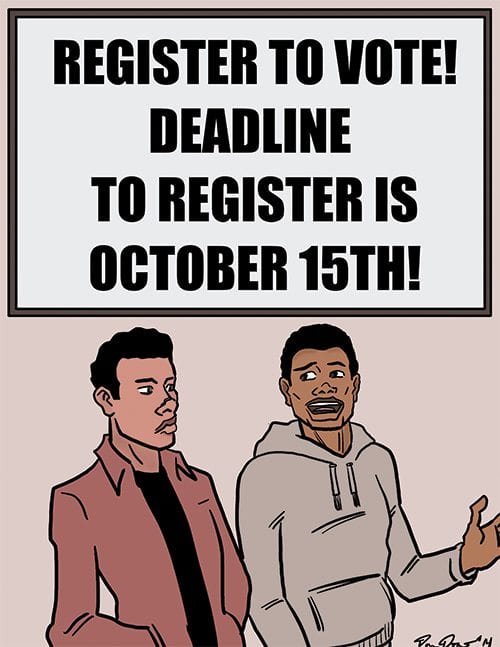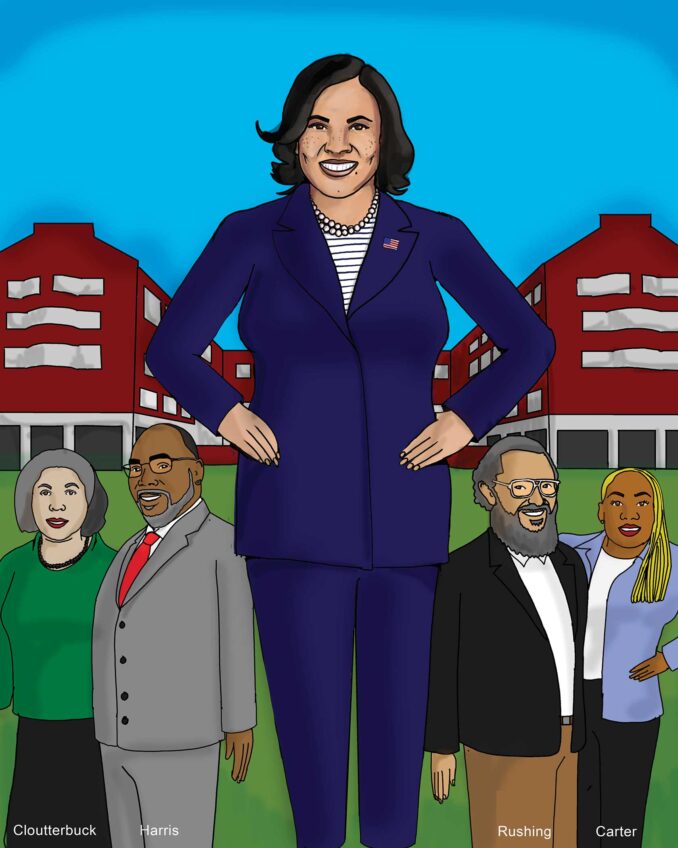
The primaries are over and political pundits are now hovering about trying to predict the winners of the November elections. The big question is who will be the next governor? Since Massachusetts is a major blue state, and registered Democrats outnumber Republicans by more than 3-to-1, there is some expectation that the candidate of the Democratic Party will win.
That conclusion would not be supported by precedent. More than 52 percent of the voters are not enrolled with a party preference. This practice is essentially a declaration that the citizens vote for the candidate rather than the party. In the past 45 years since Francis Sargent was governor, voters have elected four Republicans and only three Democrats to the corner office. And what is more, one of those Democratic governors, Ed King, was more conservative than any of the Republicans during that period.
More significant than party affiliation is the political attractiveness of the competing candidates. In the gubernatorial campaign of 2010, Charlie Baker faced off against Deval Patrick, unquestionably the most skillful politician of this generation. Baker lost 1,108,404-to-962,848, a margin of only 145,556 votes. The state treasurer, Tim Cahill, also ran as an independent and tallied 183,933 votes. Without Cahill in the race, the margin between Patrick and Baker would undoubtedly have been narrower. Baker’s performance in such a competitive challenge established his campaign qualifications.
Martha Coakley was elected twice as the state’s attorney general. That is quite an achievement. Ironically, she is remembered more for losing the U.S. Senate seat held for decades by Ted Kennedy to Scott Brown in 2010. In that race, early margins for Coakley in the polls dwindled as Election Day approached, and she ultimately lost by five points 52-to-47 percent.
In addition to Charlie Baker and Martha Coakley, the November ballot will include three independent candidates — Evan Falchuk, Jeff McCormick and Scott Lively. Some Democrats are concerned that after she lost a substantial double digit lead in the polls to lose ground once again to defeat Steve Grossman by only six points, her support will erode against a dynamic challenger like Baker.
Historically, Massachusetts voters have shown little preference for the party affiliation of their governors. This election is relatively open.






